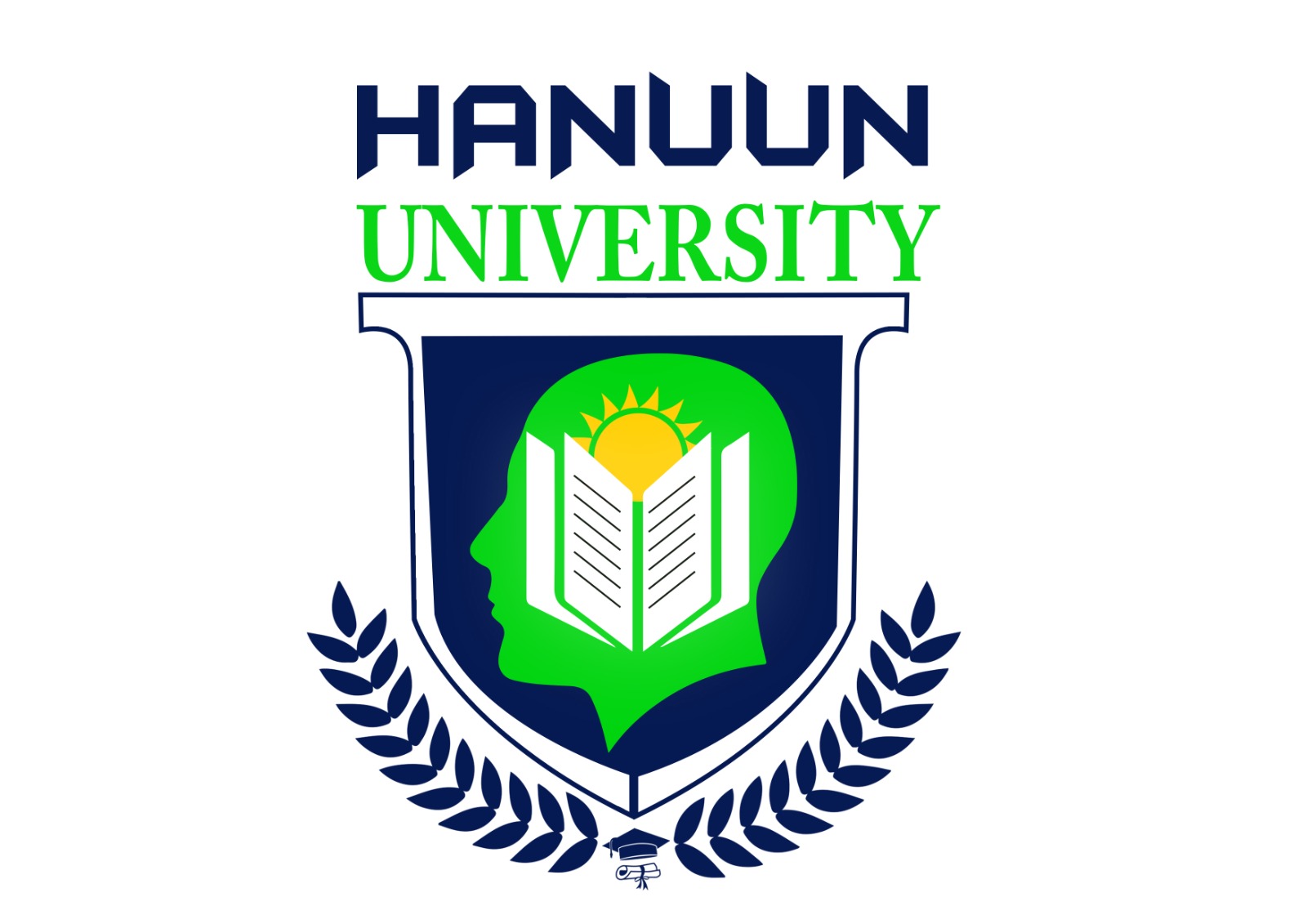Standard Curriculum
Hanuun University’s curriculum design procedure involves forming a committee, setting learning objectives, selecting appropriate content, organizing materials, and developing assessments. It ensures alignment with educational standards, accommodates diverse learning styles, and integrates continuous evaluation. Teachers implement the curriculum, monitor progress, and make adjustments to meet student needs, ensuring a comprehensive educational experience.
 /
/